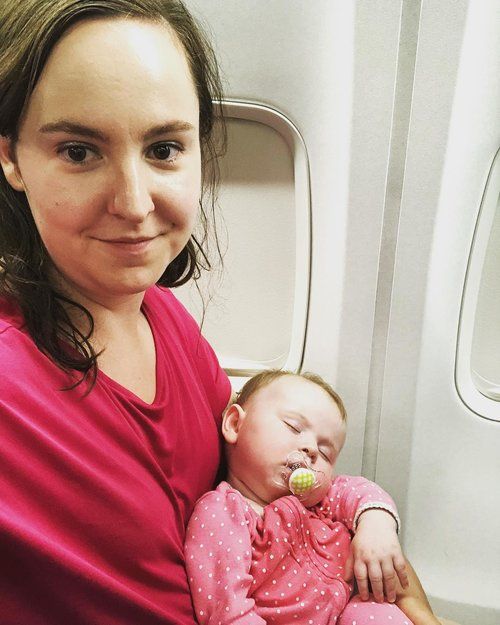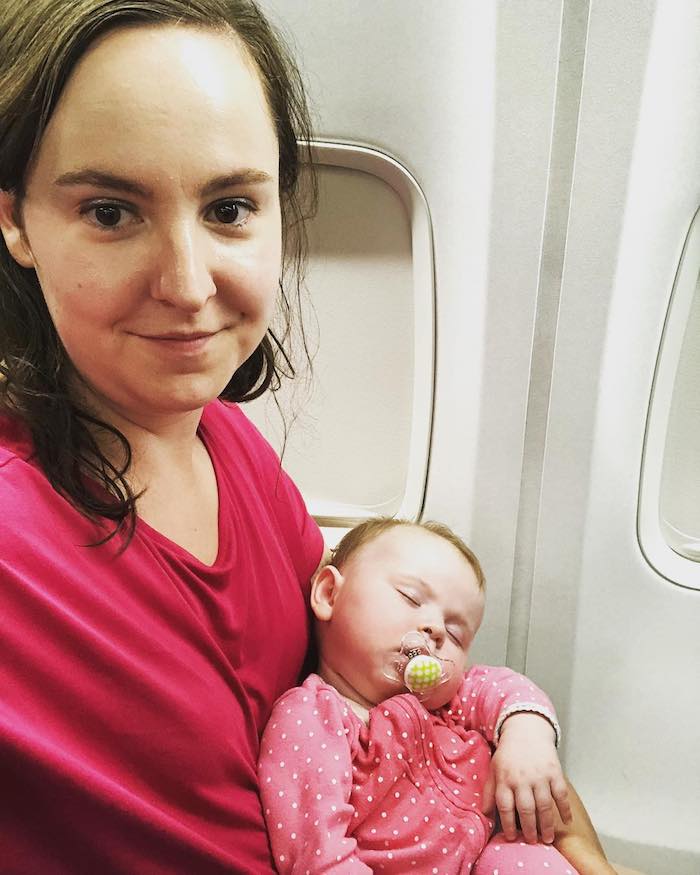Will You Have What It Takes? Just in Case Character Development
The only preparation worth making for an uncertain future is continuous improvement in your character.

Will You Have What It Takes? Just in Case Character Development
Humans have developed the amazing power to think about the future, but we waste it preparing for life in all the wrong ways. People obsess about their educations and careers, even as these become more and more likely to twist and turn in totally unforeseeable ways. Good luck deciding in advance what you'd like in a partner (or a child!) Retirement plans, contingency plans, birth plans - largely doomed.
The only preparation worth making for an uncertain future is continuous improvement in one's character.
Good qualities are gifts that keep on giving: kindness, curiosity, resilience, temperance, continence, courage, equanimity, etc.
Right now, you probably have some good traits, some less good ones, some underdeveloped potential, and some painful (or potentially painful) deficiencies. They get you through today. But what's going to happen tomorrow? Life can demand anything from you, at any time. This is the kind of preparation that matters.
How does character development happen? - Not just in fits and starts, but all the time in bits and pieces.
Can you accelerate your own character development? - yes, but it's not going to happen by accident.
How does character development happen?
On the commonsense view of character development, life is kind of like a video game. You go about just doing your regular stuff until the music changes and you find yourself facing a boss. You know, the stuff that ethics textbooks cases are made of: opportunities to lie, cheat, steal, or make some kind of literal life or death choice.
If you beat the bosses and handle these discrete, occasional moral crises well, you level up and become a better person. Moral growth happens occasionally, when inflicted on you by external circumstances. Your performances at these pivotal times partially reveal who you already were, and partially determine who you are to become.
This leveling up view of character development is not accurate. Like it or not, you are in fact developing your character all of the time, through all manner of seemingly mundane circumstances. It is not possible to avoid developing your own character on a continuous basis. Each choice to do what comes naturally or just to do what you've always done is, in effect, an endorsement of your current habits and a choice to strengthen them by repetition.
Life is not set up to increase your chances of success
Most importantly, life does not necessarily provide an environment conducive to stepwise moral growth, with levels arranged in anything close to ascending difficulty. If there is a God, He certainly can and does give people more than they can handle.
Moral issues can develop at any speed, and at any time. You might face what turns out to be your most challenging moral dilemma when you're very young and ill-equipped to grapple with it.
Some people spend their lives slowly coming apart at the seams instead of slowly but surely becoming better people. Wise old men and women exist, and we should look to them for life lessons. But they are exemplars of how your future could be, not guarantees.
The Zone of Proximal Moral Development
People who are trying to learn something don't benefit much from tasks that are too easy or too hard. Too easy, and the task can be completed on autopilot. Too hard, and the student gives up (perhaps not before frustrating herself in a counterproductive way).
Soviet psychologist Lev Vygotsky contributed a now-foundational idea to educational psychology: that of the "Zone of Proximal Development" (ZPD). Within the sweet spot of the ZPD, a learner is able to complete a task if and only if she has appropriate assistance from a "MKO" (more knowledgeable other, a.k.a. teacher). Eventually the teacher's assistance can be withdrawn as the student learns and her ZPD shifts upwards in achievement level.
In much the same way as students must find their ZPD in terms of reading level or mathematical ability, adults must find their zones of proximal moral development. Sometimes life will serve up situations in your sweet spot, but you can't count on it.
Instead, you must go out of your way to find opportunities to become a better person right now. This means: patience in the grocery story, mindfulness in the car. It means foregoing convenience and expedience when the harder, slower way is better (broadly construed).
Deliberate moral development now can't guarantee that you'll be "ready" when fate knocks, but it's better than the alternative.
Just-in-time character manufacturing
Here's a little story to illustrate, I've been thinking about this for a year now.
On Mother's Day in 2018, I flew from New York City to Atlanta with my 5-month-old daughter on not even 24 hours' notice. My father had suffered a seizure out of the blue, been quickly diagnosed with a brain tumor, and wanted to meet her for the first time before he went under the knife for brain surgery.
It took me a day or two to fit the initial puzzle pieces of information together, but his condition was essentially terminal right out of the gate. I showed dad the baby with a smile and ate Mother's Day breakfast alone at Waffle House before flying home in a daze.

For the first few months after dad's diagnosis, I was a basket case. I screamed, cried, and drank alcohol copiously. I had nothing left for my kids. I didn't have much for my dad either - though I visited him every few weeks from then on, I suspect my first visits did more harm than good for his morale. I had no presence of mind, no composure.
But dad kept living, and I kept trying. I started reading books about death and dying and taking them to heart. I found a philosophical counselor to talk to. The end came, 10 months post-diagnosis, in much the way I had expected. My self who calmly held dad's hand 24 hours before he died was not the same as the panicked self I forced home, lump in throat, the summer before.
Though I did a few things right, I emphasize this was largely simply a matter of luck. My father could have easily died on the brain surgery table or within just weeks of diagnosis, leaving me panicked and distraught with no clear direction for growth. Thanks to nothing other than the roll of the dice, I ended up with the opportunity to rise to the occasion.
Luck is not a good growth strategy
Think of this as "just-in-time" character manufacturing: create what you need when you need it. Sounds efficient, right? Maybe when it comes to Toyotas. But just-in-time character development usually won't work. It's hard and slow to change ways of thinking and being.
When people find themselves unable to live up to the moral demands of a situation, it's not a simple problem of missed opportunity. They can easily become worse. Think: Sore losers, those stuck with a victim mentality. The downtrodden, wronged, unlucky, failed, and bereaved who promise like an incantation that they'll never feel any better than they do now - and make good on it.
Moreover, there is no benefit at all to just-in-time character manufacturing. Factories choose to build things just-in-time when they face high costs for holding inventory. But you want to hold a large stock of moral virtues, just in case. That's a feature of improving yourself sooner rather than later, not a bug.
Just-in-case character
I hadn't faced the death of a parent before, but I had missed (i.e. willfully declined) plenty of opportunities to reflect on the sanctity and nature of human life.
The previous death of my grandmother and the births of my children were natural opportunities to develop some kind of mature attitude towards mortality. Instead I indulged in fruitless existential funks until managing to ignore those thoughts again. In small ways, I declined to exercise patience and kindness with my father prior to his illness.
But every day offers new opportunities to do things better than before: more carefully, more deliberately, with more of an eye of who we want to become. You probably won't realize that you missed these until life calls on you in a big way.
If you didn't do your best to sit with small disappointments, bigger ones won't be any easier. If you struggle with an unquiet mind in your everyday life, mindfulness under fire will certainly present a challenge.
Which opportunities for moral growth do you allow to pass you by?
Are you preparing your character for the future, come what may?
I'm not a moral teacher, in the same way that someone could teach you math. But I've seen firsthand how the right kind of philosophical conversation can propel moral growth, where it was at risk of stalling or even regressing. Drop me a line to see if we might be a fit for working together.
Pamela J. Hobart - Philosophical Life Coaching Newsletter
Join the newsletter to receive the latest updates in your inbox.